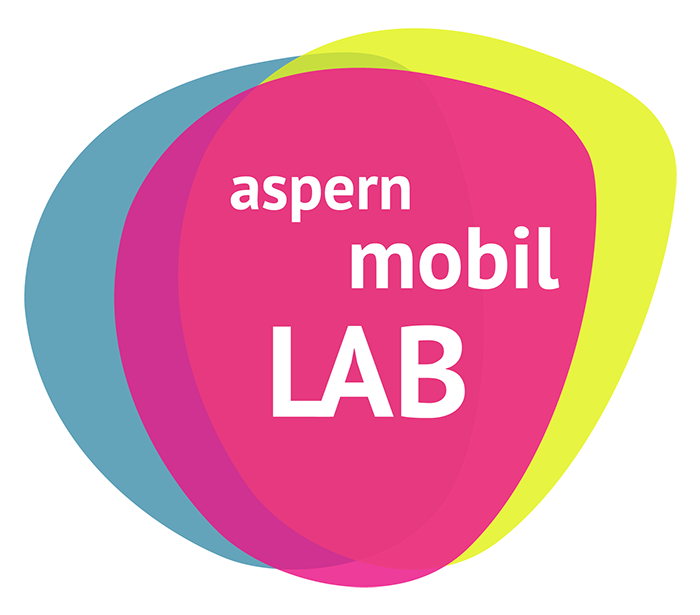Gaming afternoon with Design Games
We cordially invite you to our gaming afternoon with design games on 11.01.2023 from 16:00!
Drop by and play specially designed games with us and our students, each of which has a specific research field as its theme. By playing together we exchange different perspectives, our students and we receive valuable input for the further development of our projects and ideas. The projects of our students deal with current questions on the topics of mobility, climate change, sustainability and the use of public spaces.
In addition to the games developed by the students, there will be the opportunity to test one of the design games of the SmartHubs project this afternoon. Help us to further develop a new method for improving mobility stations!
Design games are a wonderful tool to clarify important questions that arise in the development of an idea or a product and are to be discussed with the help of users and other actors in a relaxed, playful atmosphere.
About this year’s student projects
- Educational Augmented Reality (AR) Playground:
The idea is to develop an educational AR playground with physical boxes equipped with AR markers over which visitors can move on a level. The AR aspect consists of a simulated city in which the boxes represent buildings. The users can change the design of the playground individually in the AR: they can draw ground characteristics of their choice, add shade trees and the like. After the adjustments, the design can then be evaluated in terms of heat distribution. - Interactive stories:
A story about climate change/sustainability is told with the Seestadt as the place of action. This story requires users to make decisions and people to interact with each other. These choices influence the story (e.g. the future of the Seestadt changes as a result of the choices made).
Definition: interactive storytelling = “a form of digital entertainment where the plot is not predetermined”, where “the user (also reader or player) experiences a unique story based on his/her interactions with the story world”. - SolusOasis:
This project aims to create an artefact that empowers communities with a strong emphasis on sustainability. For example, the device can include public displays linked to smartphones for interaction within a community. Playful approaches can be used to connect people and interact with the system together. The whole device should be powered by renewable energy and use sustainable materials. - Teaching urban gardening interactively:
Urban gardening in the Seestadt is hampered by a lack of suitable garden spaces as well as long approval times. It is important to us to make it accessible to a broad section of the population in the Seestadt. For this purpose, public interactive plant displays will be used to encourage people to practise urban gardening within their own four walls. Furthermore, they should create awareness for the positive effects of urban gardening on the climate and contribute to bringing the inhabitants of the Seestadt closer together and giving marginalised groups, such as migrants, a voice.







